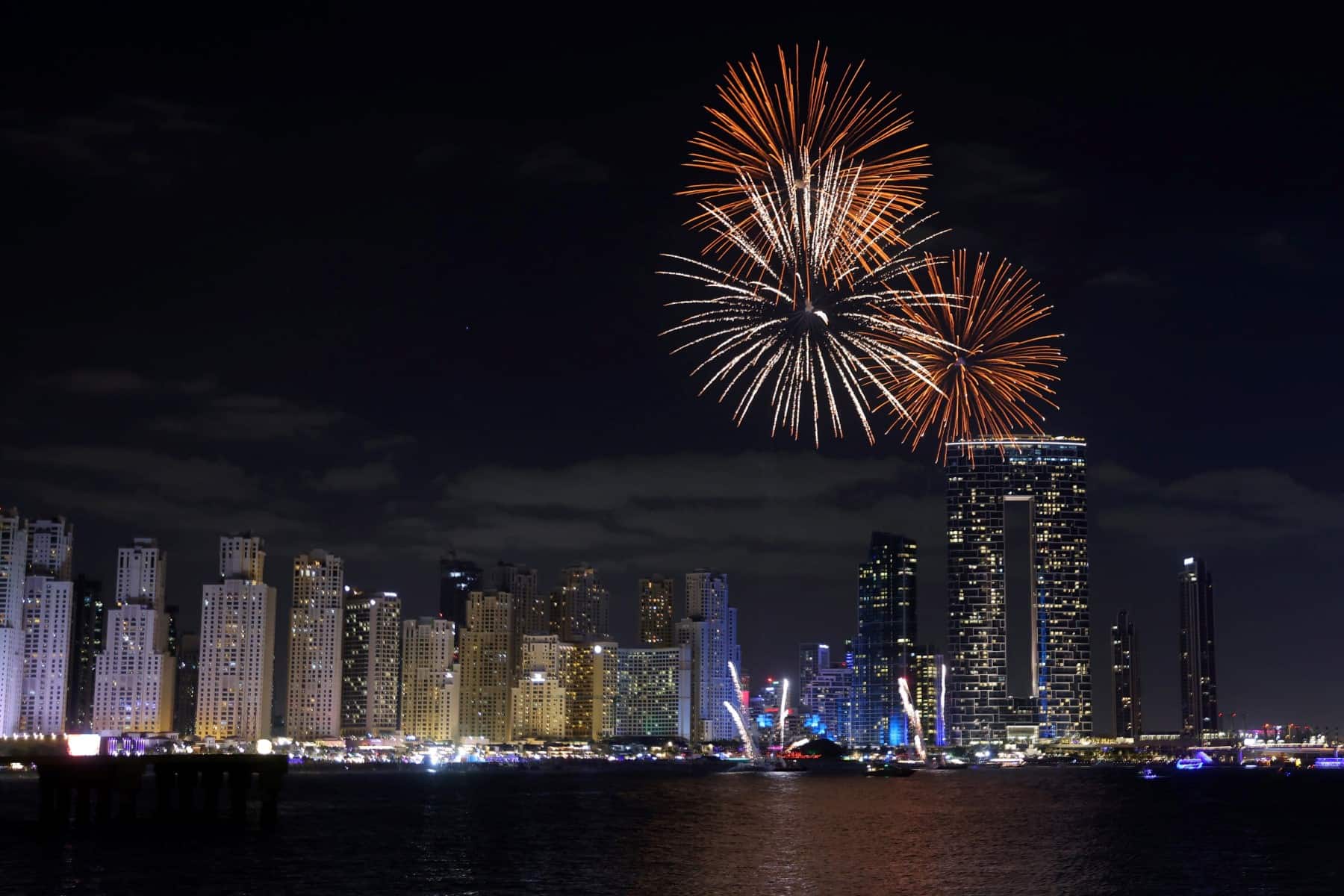Abu Dhabi, UAE – The United Arab Emirates’ tourism revenues surpassed $5 billion in the first half of this year, officials said Sunday, with a strong performance expected this winter when neighboring Qatar hosts football’s World Cup.
Hotel occupancy was up more than 40 percent in Covid-hit 2021, UAE prime minister and Dubai ruler Sheikh Mohammed bin Rashid Al Maktoum said after a cabinet meeting in the capital Abu Dhabi.
“Our tourism sector’s revenues surpassed 19 billion dirhams ($5.2 billion) in the first half of 2022,” Sheikh Mohammed said, according to WAM.
“The total number of hotel guests reached 12 million, achieving 42 percent growth, and we expect a strong tourism performance in this winter season.”
Dubai, an established holiday destination, is expecting to host large numbers of football fans during the World Cup in November and December due to a scarcity of accommodation in Qatar.
Dubai is one of the Gulf cities operating daily shuttle flights to and from Qatar during the World Cup, allowing fans to stay outside the wealthy state and still attend games.
Dubai airport, the world’s busiest for international travel pre-pandemic, handled 27.8 million passengers in the first half of this year, up more than 160 percent on the same period of 2021, it said last month.
A quick vaccination roll-out allowed the UAE to bounce back quickly from the pandemic, enjoying a sharp uptick in visitors as Dubai hosted the Expo world fair from last October to March.
Sheikh Mohammed said this year’s economic growth has exceeded 22 percent and foreign trade is more than one trillion dirhams ($272 billion), compared to 840 billion dirhams pre-pandemic.
The cabinet also approved electric cargo aircraft “fully powered with clean energy”, and a new law aimed at increasing private-sector involvement in government projects.
The law will encourage “the private sector to participate in development and strategic projects, increasing investment in projects of economic and social values”.

